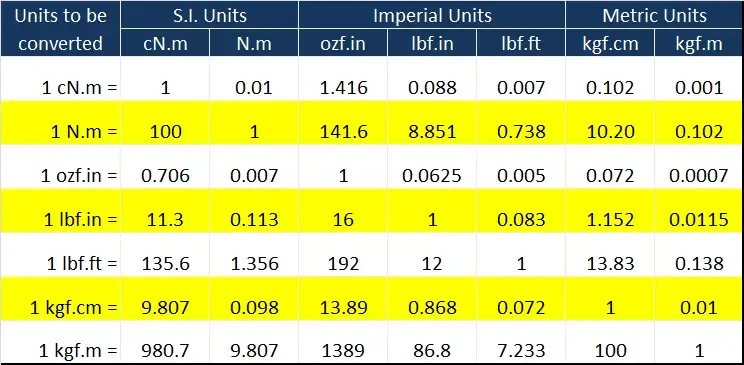Have you ever wondered about the proper TOYOTA RAV4 LUG NUT TORQUE? Ensuring your vehicle’s lug nuts are tightened to the correct specification is crucial for safe driving. This blog post will demystify lug nut torque and its significance. We’ll dive into the specific torque requirements for your RAV4, explaining why adhering to these guidelines is essential.
Whether you’re a seasoned mechanic or a curious car owner, this comprehensive guide will equip you with the knowledge to torque your RAV4’s lug nuts properly. Get ready to master this vital maintenance task and keep your vehicle in top-notch condition.
SPECIFICATIONS OF RAV4 LUG NUT TORQUE

Finding the specifications for the Toyota RAV4 is straightforward due to consistent details across all model years. The lug nut torque for this vehicle is set at 76ft lbf (103N m, 10.5Kgf m). This standardization simplifies maintenance and service tasks, ensuring uniformity in torque application for wheel mounting. Users can rely on this consistent specification when performing tire changes or maintenance on their RAV4.
WHAT IS LUG NUT TORQUE?
Lug nut torque may seem confusing, but it’s quite straightforward. It refers to the twisting force applied to tighten the lug nuts on your wheels, typically measured in foot pounds. Lug nut torque specifies how tight the nuts should be to ensure the wheels are securely attached to your car.
Following the recommended torque specifications for your vehicle model is crucial, as driving with improper lug nut torque can compromise safety. By correctly applying the right amount of torque, you can prevent potential issues and ensure a smooth, secure ride.
WHY IS PROPER TORQUE IMPORTANT?

When a mechanic installs a new wheel on your car, they ensure the lug nuts are tightened to the manufacturer’s recommended torque specifications. Sometimes, you must remove the wheels for a flat tire or tire rotation. After reinstallation, the lug nuts must be properly re-torqued to the correct specs. It’s also a good idea to periodically check the lug nut torque to ensure they have stayed upright over time.
Improper lug nut torque can lead to serious issues. If overtightened, it could break the wheel studs or cause problems with your brakes, such as warped rotors, drums, or hubs. If the lug nuts are too loose, there’s a risk of the wheels coming off while driving – a terrifying prospect. Maintaining the correct lug nut torque is simple, but ignoring it can have disastrous consequences, such as losing a wheel on the highway. Taking a few minutes to check and ensure proper torque is well worth the peace of mind.
HOW TO TORQUE PROPERLY
One simple tool can torque the lug nuts on your RAV4 at home. You can always go to your dealer or a friend if you need more time or can tighten them yourself.
Grab a Torque Wrench
The only tool you’ll need to get started is a torque wrench. A special wrench measures rotational force to ensure lug nuts are tightened correctly. This tool, including Walmart, hardware stores, or Amazon, is available anywhere.
Set the Appropriate Torque Specification
To set the proper torque specification on the torque wrench, refer to the recommended torque values for your RAV4. You’ll have to dial in the proper torque on your wrench setting by loosening the bottom and turning it until the zero lines up with your specified torque markings.
Tighten the Lug Nuts
Now that your torque wrench is in hand and set to the proper specification, it’s time to tighten the lug nuts. Aim to tighten the lug nuts in a star-shaped pattern, starting with the lug nut at the top of the wheel and moving on in a star pattern. You’ll know your lug nuts have been set to the proper torque when you hear two clicks from the wrench. To ensure it’s correct, I recommend going back over the lug nuts again for good measure.
CONCLUSION
Properly maintaining the RAV4 LUG NUT TORQUE cannot be overstated. These seemingly small components play a crucial role in the safety and functionality of your vehicle, as they bear the weight of your car and keep your wheels securely attached.
By investing in a torque wrench and tightening your lug nuts correctly, you can easily ensure that they are set to the manufacturer’s specifications. Don’t underestimate the significance of this simple task – it could prevent hazardous situations on the road and prolong the lifespan of your tires. Take charge of your vehicle’s maintenance by regularly checking and adjusting your lug nut torque.
